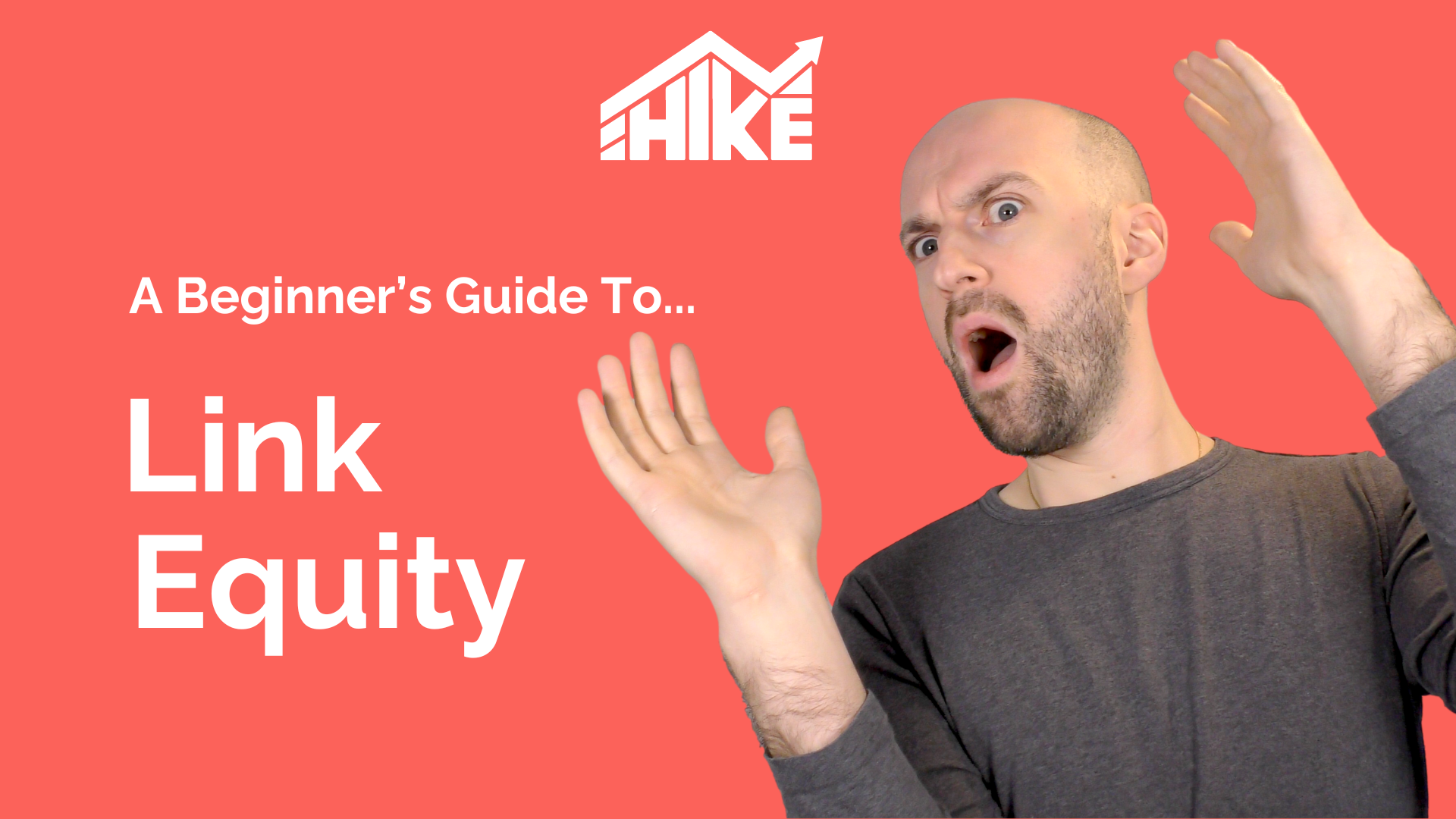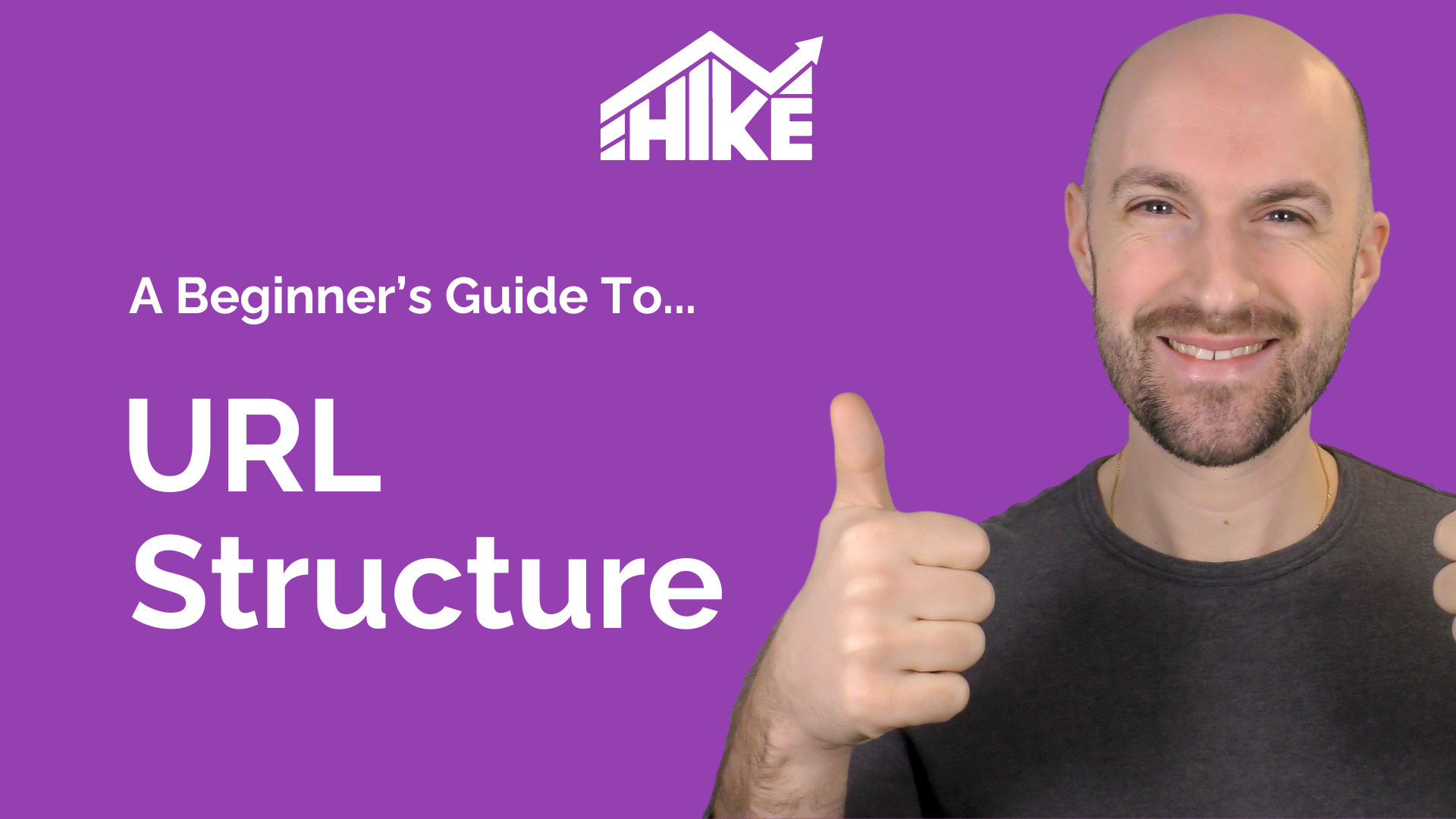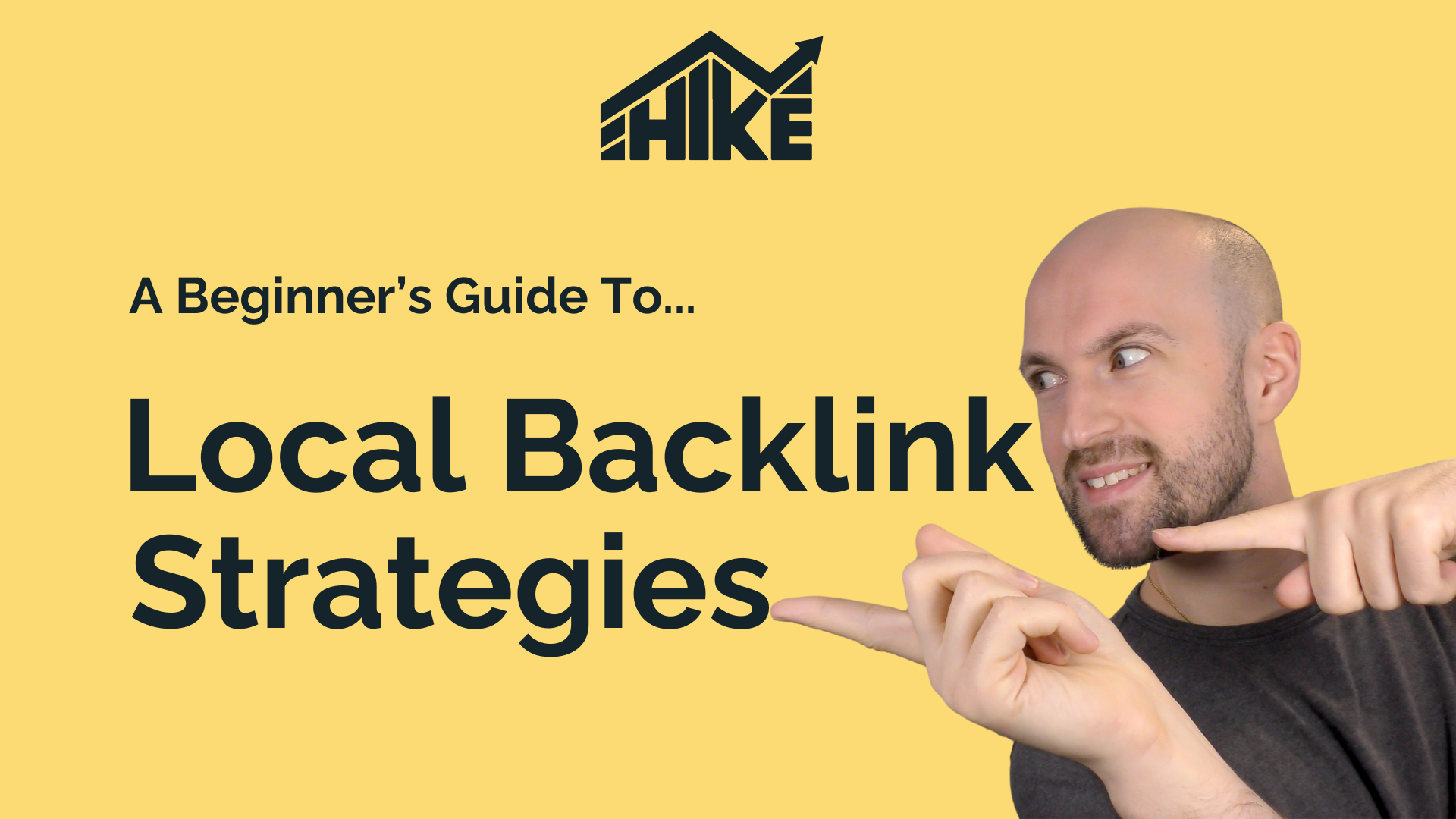In this video, our focus will be on discussing the significance of local SEO keywords – the process of identifying optimal keywords for local visibility and rankings. You can watch the video or read the text summary below:
Throughout this presentation, we will explore the concept of local SEO keywords, how to effectively discover the most suitable keywords for local search rankings, and why these keywords are pivotal to your broader SEO strategy. We will differentiate between implicit and explicit local keywords, provide insights into conducting local keyword research, and address the complexities of managing multiple locations.
Consider a scenario where your business spans various physical locations or service areas. We will delve into strategies for addressing such scenarios. Furthermore, we’ll delve into the advantages of incorporating local questions within your SEO approach.
So, what exactly are local SEO keywords? A pertinent question. Essentially, they are search terms or phrases designed to cater to a local audience. These keywords encompass location-based terms like city names, neighborhoods, counties, and other geographical indicators. These elements are integral to discerning the context and location of the search query. However, it’s important to note that the distinction between local and non-local keywords isn’t always crystal clear. We’ll delve deeper into this later in the video.
Why prioritize local SEO keywords over general keywords? The reasons are compelling. To begin, it enhances visibility. By optimizing your content or website for local SEO keywords specific to your target areas, you heighten your chances of ranking higher on search engine results pages (SERPs) for users within those locales. Increased visibility means a greater chance of attracting potential customers, ultimately translating to business growth.
Moreover, local SEO keywords enable you to attract focused traffic. Individuals searching for products or services within a specific geographic region are inherently more inclined to convert. This targeted traffic often exhibits a higher intent to engage with local businesses, amplifying the potential for sales or engagement.
Enhanced customer engagement is another advantage. By aligning your content with local keywords, your website becomes more relevant to local users. This resonates with users, potentially leading to favorable reviews, repeat business, and positive word-of-mouth recommendations.
Gaining a competitive edge is another perk. By integrating local SEO keywords, you can outmaneuver competitors who neglect to target local search terms. This positioning distinguishes your business and enables you to capture a larger market share within your locality.
The cost-effectiveness of this approach is also noteworthy. Local SEO targets users already seeking your products or services within specific regions. This increases conversion rates, thereby reducing customer acquisition costs. Notably, by optimizing your pages effectively, you can secure a spot in local Google searches without incurring additional advertising expenses.
Lastly, local SEO fortifies your local reputation and trustworthiness. Establishing your business as an authority within your locality fosters trust among local customers and bolsters your reputation within the community.
Transitioning to implicit versus explicit local keywords, the distinction lies in their direct mention of location. Implicit keywords don’t explicitly mention a location but are contextually related. Examples include “best coffee shop” “top Thai restaurants,” or “flower shops near me.” When users search for these terms, the results are contextually based on their geographic location. This may be determined via device location, labeled places, home addresses, past Google activity, or IP addresses.
Conversely, explicit local keywords contain location-specific terms within the keyword phrase itself. Examples are “best coffee shops in London,” “top Thai restaurants near Regent Street,” or “flower shops in Westminster.” When such terms are used, Google maps the location and provides results accordingly.
Engaging in local keyword research is a multi-step process. Start by listing the products and services your business offers, incorporating various keyword modifiers for specificity. These include quality, price, occasion, type, features, and intent modifiers. Add location modifiers to make them explicitly local.
Combine these lists to generate an extensive set of keyword phrases. Then, validate these keywords by ensuring they exhibit local intent through map packs or local business rankings in organic results.
You can even uncover keywords by identifying gaps in competitors’ content and ranking. This allows you to capture untapped opportunities and stand out in the competitive landscape.
Next, filter the keywords by considering factors like search volume, keyword difficulty, and relevance. Prioritize keywords that strike a balance between these aspects.
Now, map the chosen keywords to existing or new pages on your website, ensuring unique and valuable content for each location. Focus on user-centric content creation rather than solely catering to search engines.
If your business operates across multiple locations, remember that Google emphasizes uniqueness and value. While creating location-specific pages is vital, ensure each page offers distinct insights and value tailored to its respective locale.
Lastly, consider local SEO questions. Identify common queries related to your local keywords and address them in your content. Tools like Answer the Public or content creator features can assist in generating question-based content.
In summary, local SEO keywords are a crucial component of your digital strategy. Their ability to enhance visibility, target focused traffic, boost engagement, provide a competitive edge, offer cost-effective marketing, and establish local reputation makes them indispensable. Understanding implicit versus explicit local keywords and undertaking systematic keyword research, validation, and implementation can significantly elevate your local SEO efforts.
If you’re looking for a comprehensive platform to streamline these processes, consider signing up for a tool like Hike, tailored to meet the needs of businesses aiming to enhance their local search presence. Your success in local SEO hinges on your ability to connect with local audiences using precisely curated keywords.



